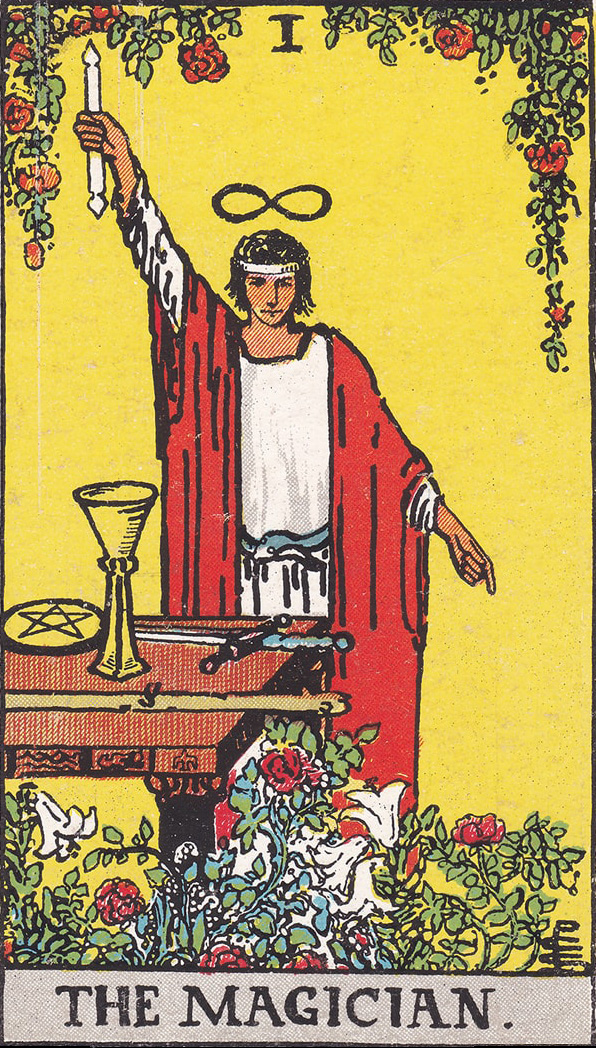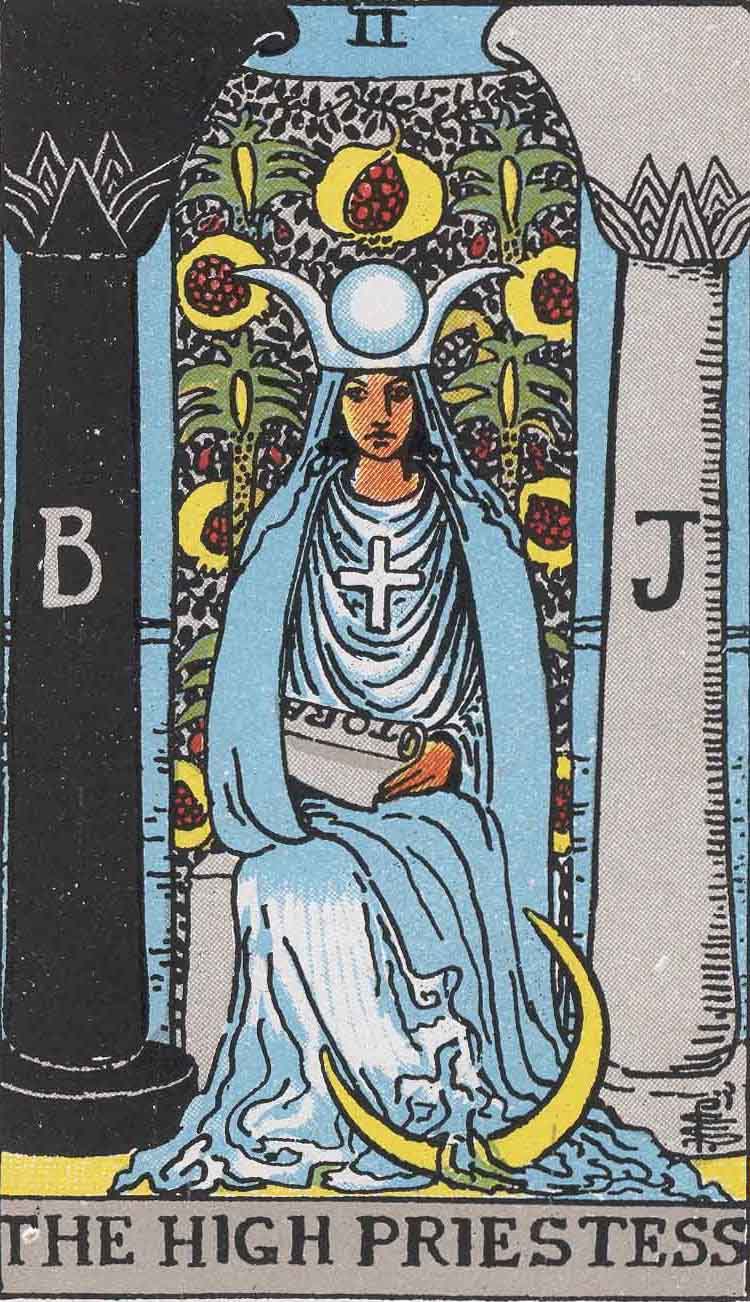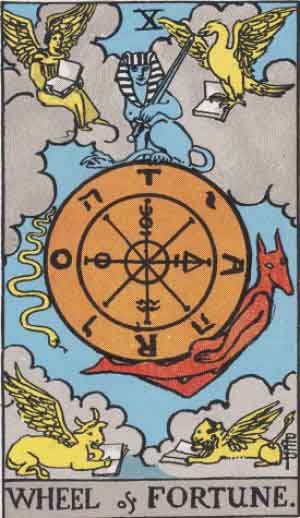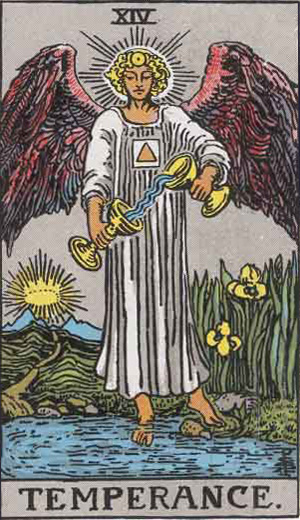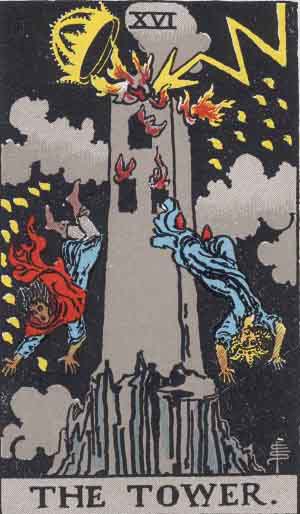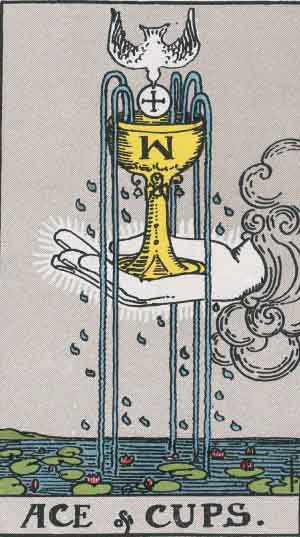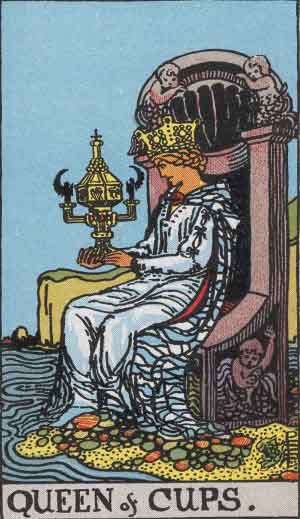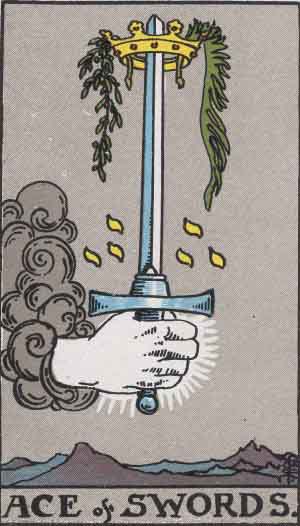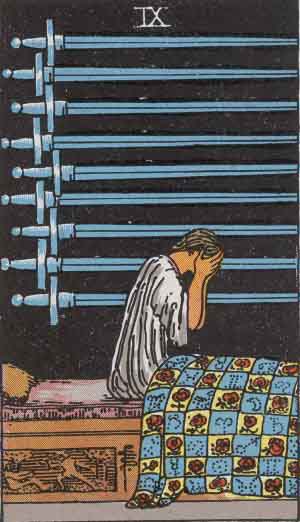
The Emperor

THE EMPEROR
The Emperor reversed represents a person in authority who may be abusing their power or being excessively controlling. In the context of relationships, this card suggests that you may be dealing with a partner or someone in your life who is dominating and rigid, leaving you feeling powerless or rebellious. This person may have good intentions but their authoritative behavior is causing a strain in your relationship.
Lack of Balance and Discipline
The reversed Emperor indicates that you may be allowing your emotions to override your logical thinking in your relationship. You may be lacking self-control and structure, which can lead to conflicts and instability. It is important to find a balance between your heart and your head, and to approach your relationship with practicality and reason.
Absentee Father Figure
In the context of relationships, the reversed Emperor can symbolize a partner who is emotionally distant or unavailable. This may stem from unresolved issues with a father figure in your life, leading to feelings of abandonment or disappointment. It is crucial to address these underlying emotions and communicate your needs to your partner in order to foster a healthier and more fulfilling relationship.
Power Struggles and Control Issues
The reversed Emperor suggests that power struggles and control issues may be present in your relationship. You or your partner may be exerting excessive control or trying to dominate the other, causing tension and resentment. It is important to address these dynamics and find a way to establish a more balanced and equal partnership based on mutual respect and compromise.
Rebellion and Resistance
The reversed Emperor indicates that you may be feeling rebellious or resistant towards authority within your relationship. You may be pushing against the rules and expectations set by your partner or society, seeking more freedom and independence. While it is important to assert your individuality, it is also crucial to find a middle ground where both you and your partner's needs are acknowledged and respected.
Questioning Paternity or Parental Issues
In the context of relationships, the reversed Emperor can suggest doubts or concerns regarding paternity or parental issues. This may indicate unresolved issues with your own parents or fears about becoming a parent yourself. It is important to address these concerns openly and honestly with your partner, seeking support and understanding to navigate through these challenges together.
Explore All Tarot Cards

